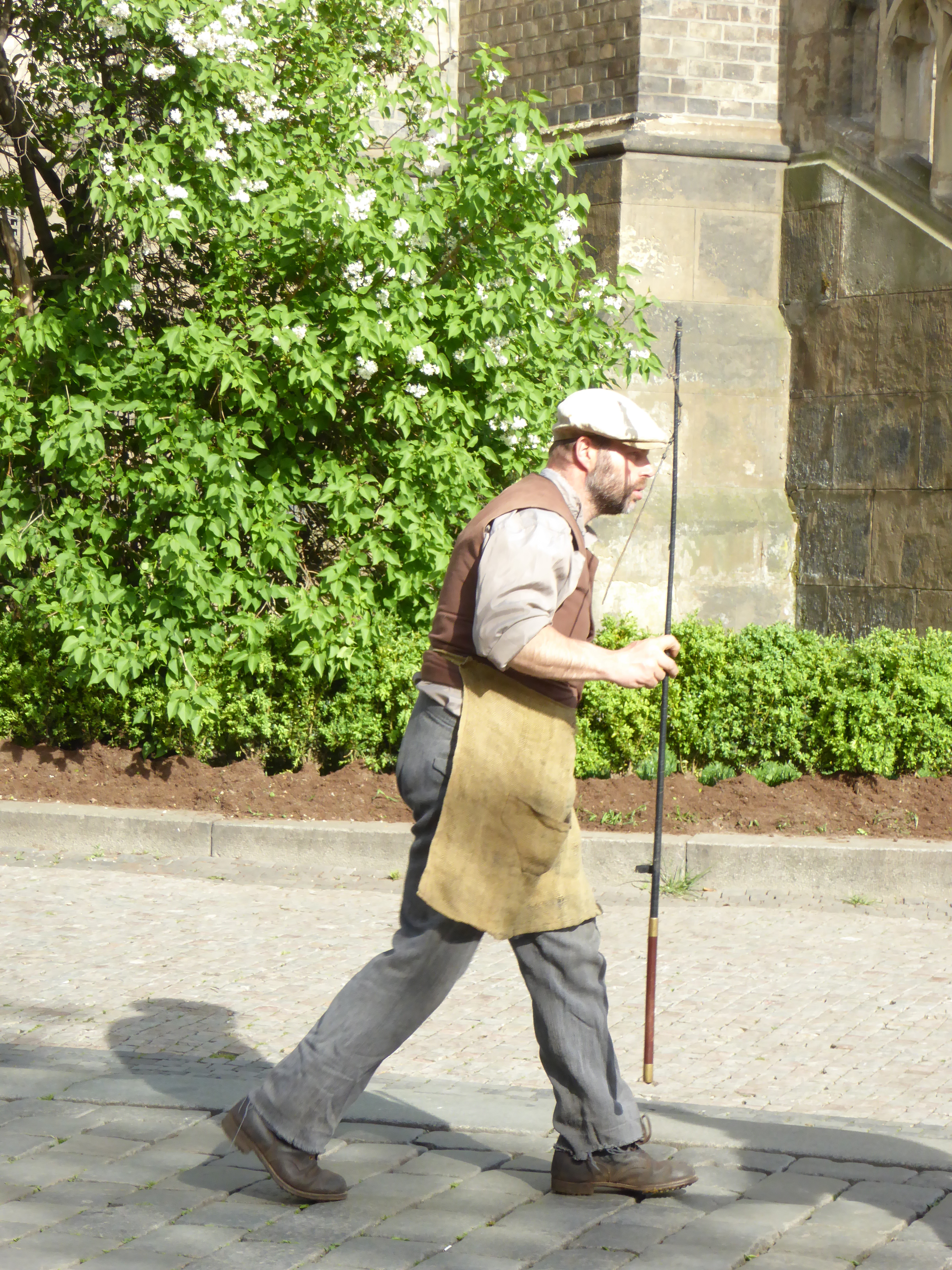FIN-DE-SIECLE VIENNA: LIVING CONDITIONS OF THE WORKING CLASS

Statistical data of the time just before the outbreak of the First World War still show a considerable amount of children below the age of 14 at work in Vienna. This seems proof of a very slow retreat of child labour in Vienna. The phasing out of child labour was more due to a change in work technology than social protest. Another important impetus for the end of child labour in Vienna was the introduction of the “Reichsvolksschulgesetz” of 1869. This law extended compulsory schooling from six to eight years. Although it has to be noted that the law stipulated several exceptions because especially working class families depended on the income of the children and a loss of this income would have jeopardised their existence. Many working class parents considered obligatory school attendance a nuisance and refused to have the state prescribe what they were supposed to do with their children. Most considered three years of schooling as sufficient. In the late 19th century compliance with obligatory school attendance was the exception rather than the rule in Vienna. Before the turn of the century the authorities executed more rigid supervision, so that by 1900 the start of work for Viennese working class children had been postponed to 12 – 14 years of age.…
